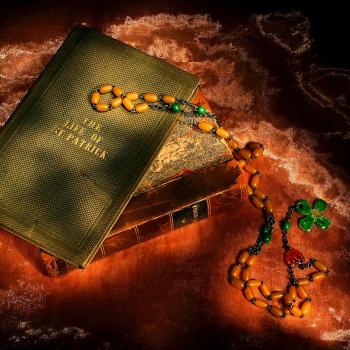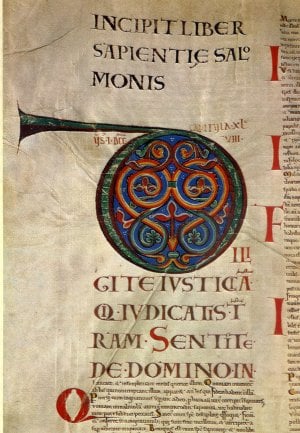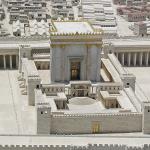 Bishop Richard Pates, chair of the USCCB’s Committee on International Justice and Peace, and Russell Moore, president of the Southern Baptist Ethics and Religious Liberty Commission, have signed a joint letter to the U.S. Senate, urging Senators to support Senate Bill 653, which would create a Special Envoy for Religious Freedom.
Bishop Richard Pates, chair of the USCCB’s Committee on International Justice and Peace, and Russell Moore, president of the Southern Baptist Ethics and Religious Liberty Commission, have signed a joint letter to the U.S. Senate, urging Senators to support Senate Bill 653, which would create a Special Envoy for Religious Freedom.
According to a statement just released by the U.S. Conference of Catholic Bishops:
March 4, 2014
WASHINGTON—The U.S. Senate should act quickly to address a “growing crisis of religious minorities” by allowing a vote on S. 653, a bill to establish a Special Envoy to Promote Religious Freedom of Religious Minorities in the Near East and South Central Asia, said the chairman of the U.S. bishops’ Committee on International Justice and Peace and the president of the Southern Baptist Ethics and Religious Liberty Commission in a March 4 letter.
“In many instances, religious minorities have lived for centuries side by side with those of other faiths, but now find themselves coming under increased attack and harassment. Over 8 million Syrians, many of whom are Christians, are caught in the cross-fire between the government and opposition forces, have fled their homes, becoming internally displaced or flooding into neighboring countries,” wrote Bishop Richard E. Pates of Des Moines and Russell D. Moore.
“Given this situation, we believe that a Special Envoy is needed to focus on the dire situation affecting religious minorities, especially Christians who are the group most targeted for harassment and attacks in the largest number of countries,” they wrote.
Bishop Pates and Moore wrote to Senators Tom Coburn of Oklahoma and Mike Lee of Utah, who placed a hold on the bill that would create this position. They cited the October 2010 attack that killed 58 at a Syrian Catholic cathedral in Baghdad and the destruction of some 40 Coptic churches in Egypt in August 2013, among other examples, as why the envoy position “can help insure that basic human rights of these minority communities, who face such enormous threats, are protected.”
The full text of the letter is available on-line.
















